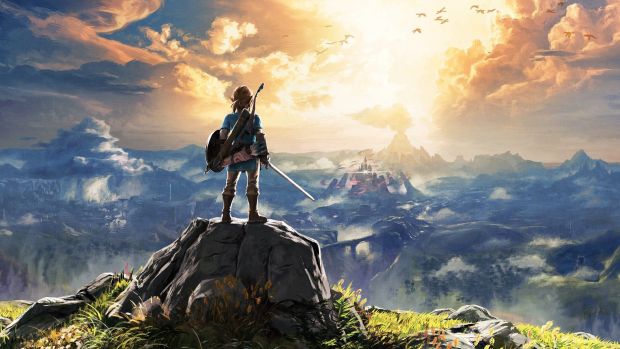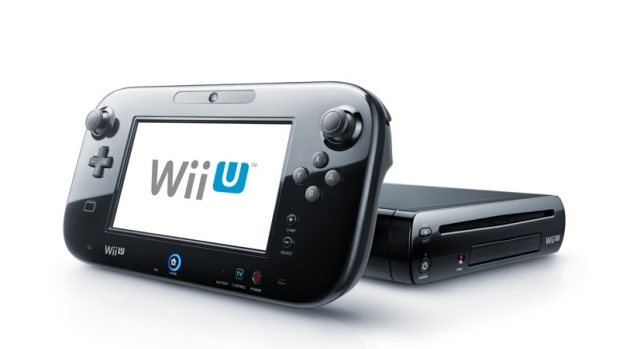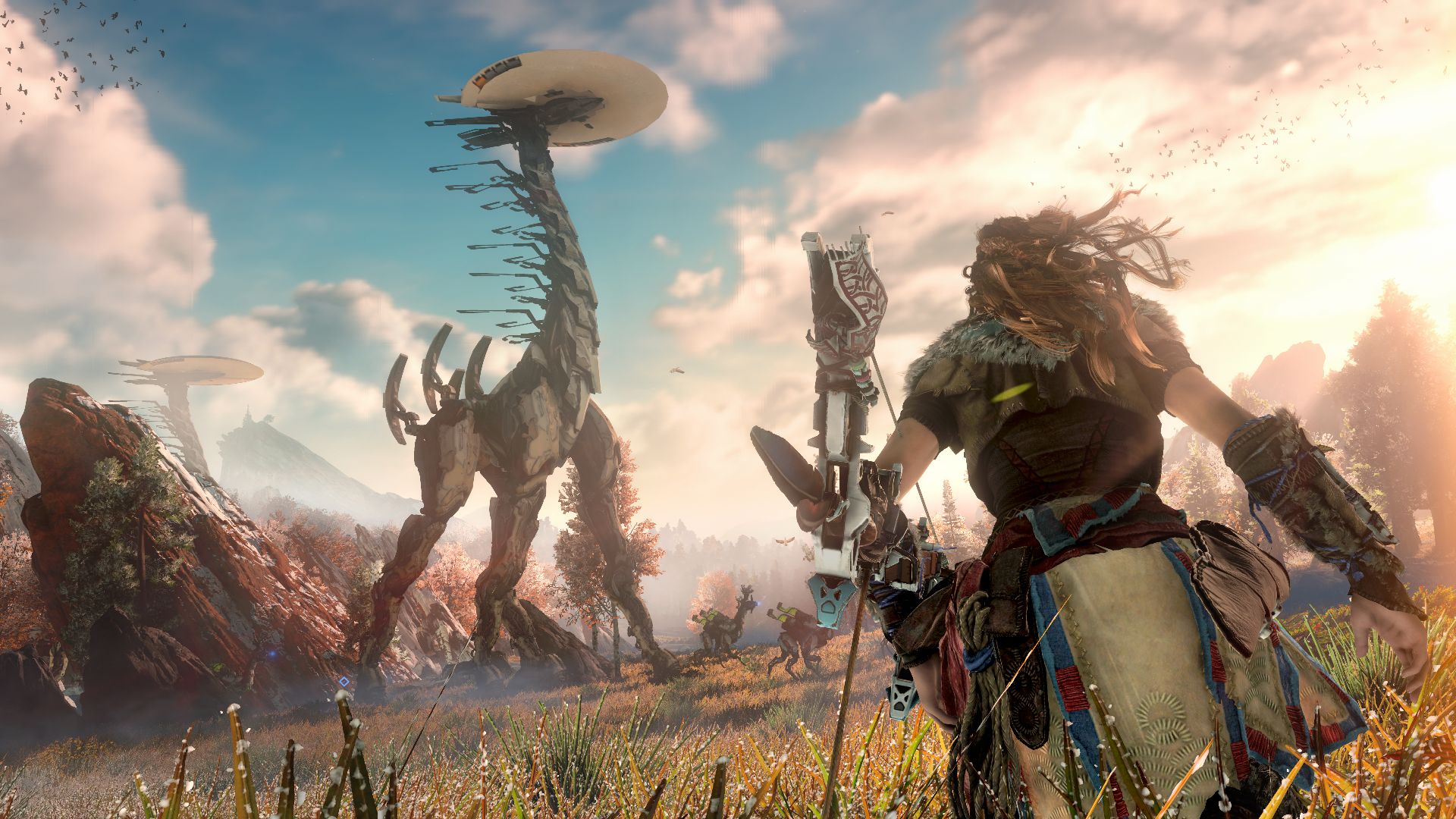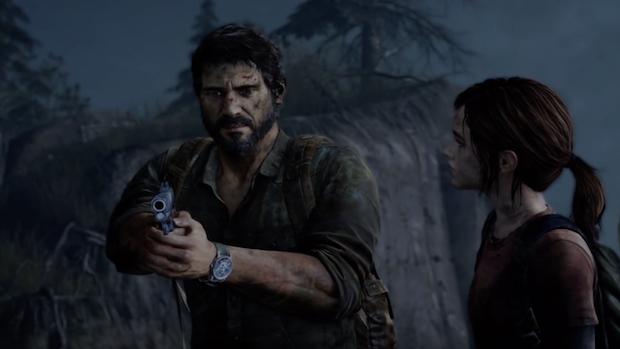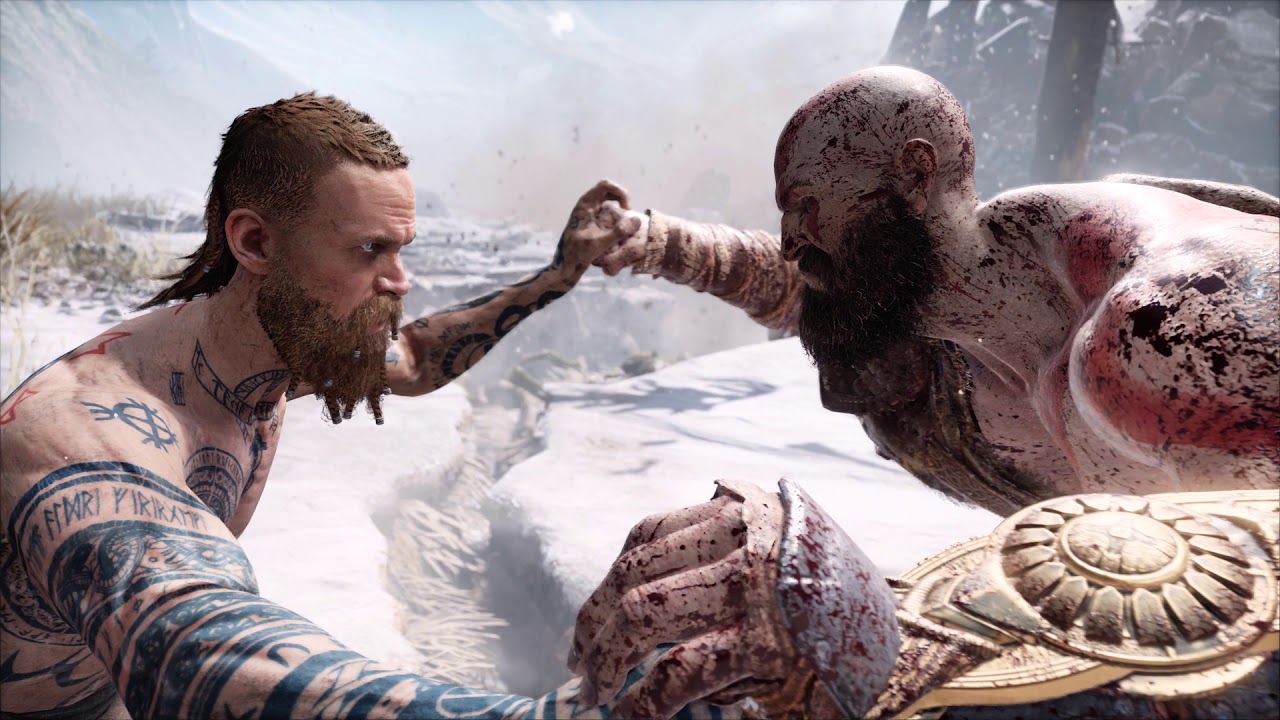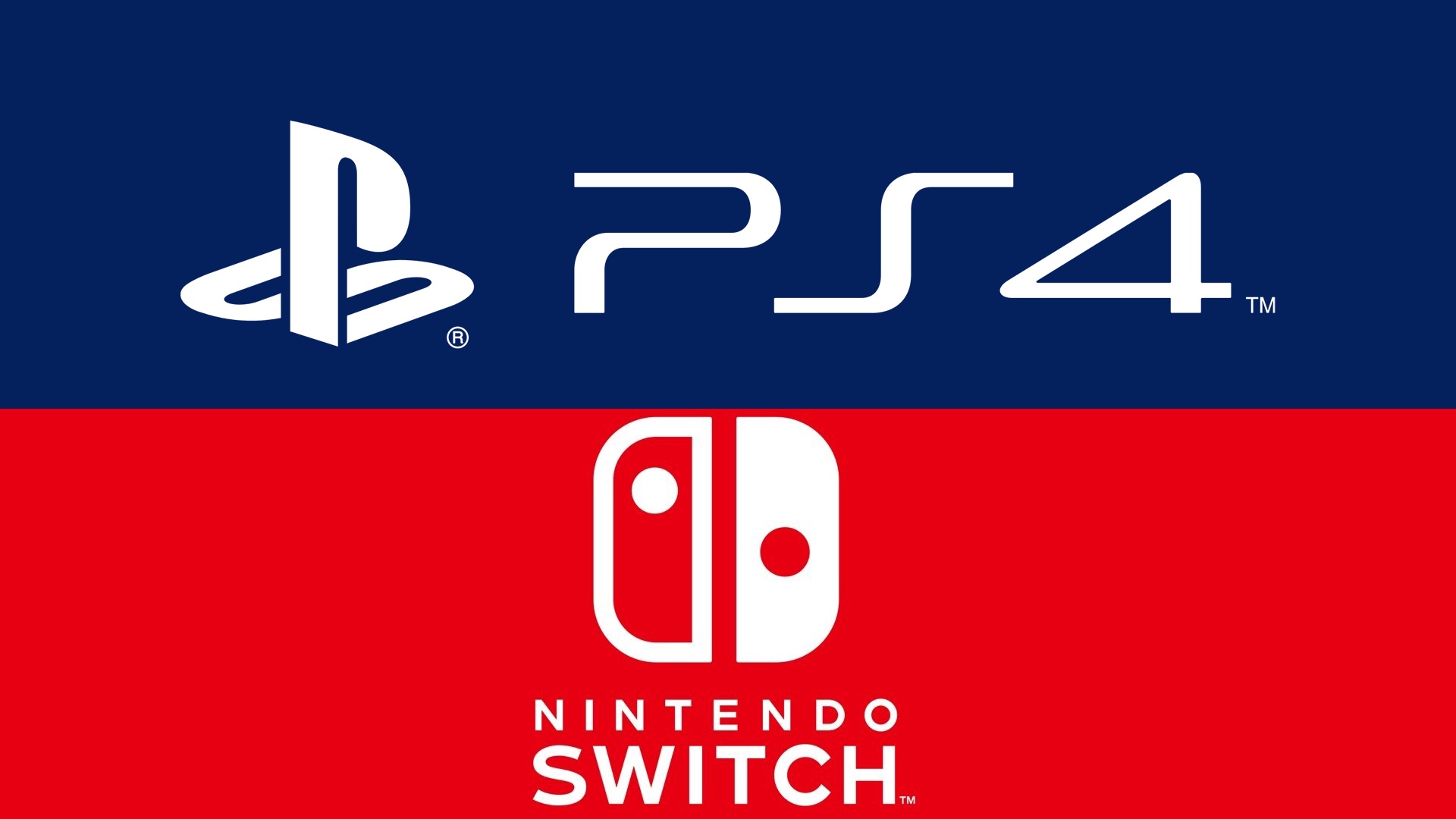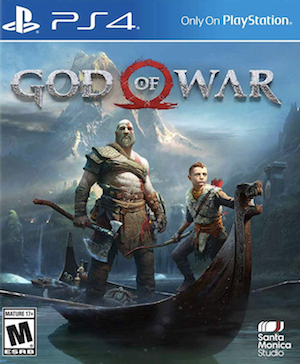
Nintendo views itself as a game maker first and foremost. The company views the hardware that it makes as vessels specifically crafted to facilitate its vision and ambition for its games, and the entire reason the company makes its consoles is to sell its own games on its own terms, without being beholden to anyone else. (On a related note, this is also why Nintendo is the least engaged with third parties of the big three, but that’s a discussion we will have some other time).
The functional result of Nintendo’s strategy is that the company publishes a majority of games that drive interest in the hardware that it puts out, and, by contributing to a larger halo effect, engage people in the rest of its lineup, as well as the larger Nintendo ecosystem (i.e. someone who purchased a Switch to play Breath of the Wild is now likelier to check out ARMS, Splatoon 2, and Xenoblade 2, not to mention also consider picking up third party games on the platform).
"The functional result of Nintendo’s strategy is that the company publishes a majority of games that drive interest in the hardware that it puts out, and, by contributing to a larger Halo effect, engage people in the rest of its lineup, as well as the larger Nintendo ecosystem (i.e. someone who purchased a Switch to play Breath of the Wild is now likelier to check out ARMS, Splatoon 2, and Xenoblade 2, not to mention also consider picking up third party games on the platform). "
This entire strategy is contingent on a few factors: Nintendo creates high quality games- it has to, that’s the first step, if Nintendo’s games aren’t deemed high quality by the mass market, the whole strategy falls apart at the first step. These high quality games are pushed with great marketing, to create recognizable brands and characters for people to invest in and associate with Nintendo, and for people to buy a new Nintendo system when a new game in their favorite series, or starring their favorite character, comes out. Simultaneously, Nintendo’s general high standards for quality also mean that any game Nintendo puts its name on gets more people willing to look into it and try it out- new IPs like Xenoblade and Splatoon benefit from this.
This is the reason Nintendo platforms sell, no matter what. Even something as fundamentally flawed and undesirable as the Wii U managed to sell nearly 14 million units, because people wanted their Nintendo fix. Via its catalog of beloved franchises, and its development talent, Nintendo has a buffer, a cushion- which insulates it from market forces, and its own missteps and miscalculations. This is why, thirty years later, Nintendo is still here, in spite of so many people calling doom and gloom on them. This is why Nintendo has been able to survive the multitude of stupid moves it has made- as long as Nintendo makes great games, people will purchase their systems. Sometimes, in droves, like with the Gameboy, Wii, and Switch; other times, just barely enough, like with the Wii U and GameCube. But always, enough will purchase for Nintendo to be able to weather the bad turns to make it to the good ones.
"This is the reason Nintendo platforms sell, no matter what. Even something as fundamentally flawed and undesirable as the Wii U managed to sell nearly 14 million units, because people wanted their Nintendo fix. Via its catalog of beloved franchises, and its development talent, Nintendo has a buffer, a cushion- which insulates it from market forces, and its own missteps and miscalculations."
On the games side, this means Nintendo games have a lot of value- they rarely drop in price, because people keep buying them, and unlike most games on the market, which sell for a month or two before tapering off, they sell for months, if not outright years. Indeed, Nintendo is one of the few publishers on the market that can claim this- the only other ones who can deliver long tail hits with consistency are Rockstar and Bethesda.
There’s a reason I’ve just dissected Nintendo’s model as a platform holder and a first party publisher- Sony has increasingly fashioned itself along the lines of Nintendo, too. Yes, the kinds of games they make are very different (Sony’s skew older, and are more focused on interactive storytelling, while Nintendo’s are aimed at broader audiences, and focus on innovation and polish in interactive mechanics), but the broader strategy for both companies now appears to be the same.
While Sony has always invested in some level of meaningful high quality first party content, going all the way back to the purchase of Pygnosis and the release of Wipeout on the original PlayStation, until the PS3 era, Sony was all too happy to let third party games drive sales of its platforms. Games such as Tomb Raider, Resident Evil, Crash Bandicoot, Grand Theft Auto, Metal Gear Solid, and Final Fantasy were all titles that drove PlayStation sales, not Syphon Filter or Wild Arms. From Sony’s perspective, that made sense- it was a hardware company that had entered the business, by not having a loaded first party lineup, third parties were more compelled to develop games for PlayStation since they wouldn’t have to compete with Sony’s ow hits like they would have to on Sega and Nintendo platform with their respective first party games; and finally, back then, games were basically de facto exclusive to PlayStation anyway. At that point, why bother?
"There’s a reason I’ve just dissected Nintendo’s model as a platform holder and a first party publisher- Sony has increasingly fashioned itself along the lines of Nintendo, too."
Of course, the early PS3 era changed this dramatically. With the advent of the Xbox 360, Microsoft pushing for an easy and contiguous development environment between PC and Xbox, the rise in development costs, and the popularization of middleware like Unreal Engine, more and more third parties began to announce that their games would no longer be PlayStation exclusive- they would come to Xbox too. Devil May Cry? Coming to Xbox. Grand Theft Auto 4? Also coming to Xbox. Final Fantasy 13? Ditto. Not only that, but in the early PS3 era, with the PS3 struggling to keep up with the 360, many third party games were outright Xbox exclusive at first- games like Bioshock, Mass Effect, and The Elder Scrolls IV: Oblivion (they would all come to PS3 later, of course).
Sony got the message- if it wanted to have a catalog of reliable exclusives to push its platforms that it could always bank on, it needed to make them itself. It could not rely on third parties to stick around in times of need- third parties were independent actors who would always act in their own best interests. Sony needed a lineup of games that could drive PlayStation sales.
We know what happened after that- Sony went on an acquisition spree, gobbling up studios like Media Molecule and Sucker Punch, and started releasing a spate of games that began to be critically appreciated and sell reasonably well- not too well, but reasonably well. At that time, Sony put out a lot of games, some great, others middling, a lot that sold well, and more that did not.
"By the end of the PS3 era, Sony had an arsenal of studios and brands gamers around the world liked."
By the end of the PS3 era, Sony had an arsenal of studios and brands gamers around the world liked- enough to sell systems on their own, not fully, not yet. Some, like Naughty Dog (on the heels of The Last of Us), could. Others, such as God of War, Ratchet and Clank, and Gran Turismo, had seen their standing be damaged by a spate of poorly received late life PS3 releases.
On the PS4, Sony adopted a completely different approach. Rather than put out a dozen games a year, Sony doubled down on a few it could release every year, focusing all its marketing and development resources on those games, to ensure they were extremely high quality, and got their full marketing support. Bloodborne in 2015, Uncharted 4, The Last Guardian, and Ratchet and Clank in 2016, Horizon: Zero Dawn, Uncharted: The Lost Legacy, and Gran Turismo Sport in 2017, God of War, Detroit: Become Human, and Spider-Man in 2018. The end result was that we started getting these games that were exceptionally high quality, did extremely well on the market, and began to drive audience loyalty. The revival of God of War, especially, was a seminal moment for Sony, it showed people that Sony was willing to foster and cultivate its franchises and brands over the long term, much like Nintendo does. Ditto with games like Uncharted and Ratchet and Clank– people knew Sony was willing to bring over its brands to a new generation, rethink and reinvent them as necessary, but retain what people always loved about them.
"The revival of God of War, especially, was a seminal moment for Sony, it showed people that Sony was willing to foster and cultivate its franchises and brands over the long term, much like Nintendo does."
The other thing is, Sony’s games have continued to sell. Rather than like before, where each Sony game sold a handful of million and that was that, PlayStation exclusives debut at the top of sales charts now, and then proceed to stay there. They sell for months, if not years- Uncharted 4 still sells, two years after its release, and recently crossed 9 million units sold. Horizon: Zero Dawn continued to sell for the year after its release, crossing 7.6 million units. And God of War is displaying Nintendo-game level of sales- giving Sony a brand that they now know has as much cachet and power as a Nintendo IP does, and one they can bank on to sell systems in the future.
And that’s what it comes down to- the parallel evolution of Sony and Nintendo as platform holders and game publishers, which is so much more alike than you might think. Both companies make hardware, and are all too happy with any and all third party support they get- but at this point, both companies use their hardware as a vessel for their games, to further their artistic ambitions for their titles. In a lot of ways, it sounds obvious- Sony and Nintendo both invest in extremely high quality games on a consistent basis, winning them audience loyalty that ensures their continued survival over the long run no matter what. You make great games, and you are rewarded with success.
"In the end, as gamers, all of us can only benefit from the great, high quality content Sony and Nintendo continue to put on the market."
But really, it can often go unnoticed the extents to which these companies go, compared to other game makers in the industry, to use their consoles as an excuse to make awesome games that in and of themselves would never be profitable as third party ventures. Ultimately, the reason that both companies can make high quality single player games like God of War or Zelda, or release post launch content for free on an ongoing basis for their GaaS games like Splatoon or Gran Turismo, or experiment with oddball and quirky games like Dreams or Kid Icarus, is because they are console manufacturers- it’s a symbiosis. As console manufacturers, they need to make all kinds of games to drive interest in their platforms, and they need to be willing to have some games be loss leaders if necessary to that end. On the other hand, they make their consoles to further the kinds of games they want to make to begin with. It’s sneaky, fantastic, and a beautiful, symmetrical cycle- make the hardware to be compelled to make the games you want to make. In the end, as gamers, all of us can only benefit from the great, high quality content Sony and Nintendo continue to put on the market.
Note: The views expressed in this article are those of the author and do not necessarily represent the views of, and should not be attributed to, GamingBolt as an organization.








